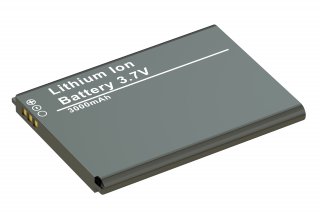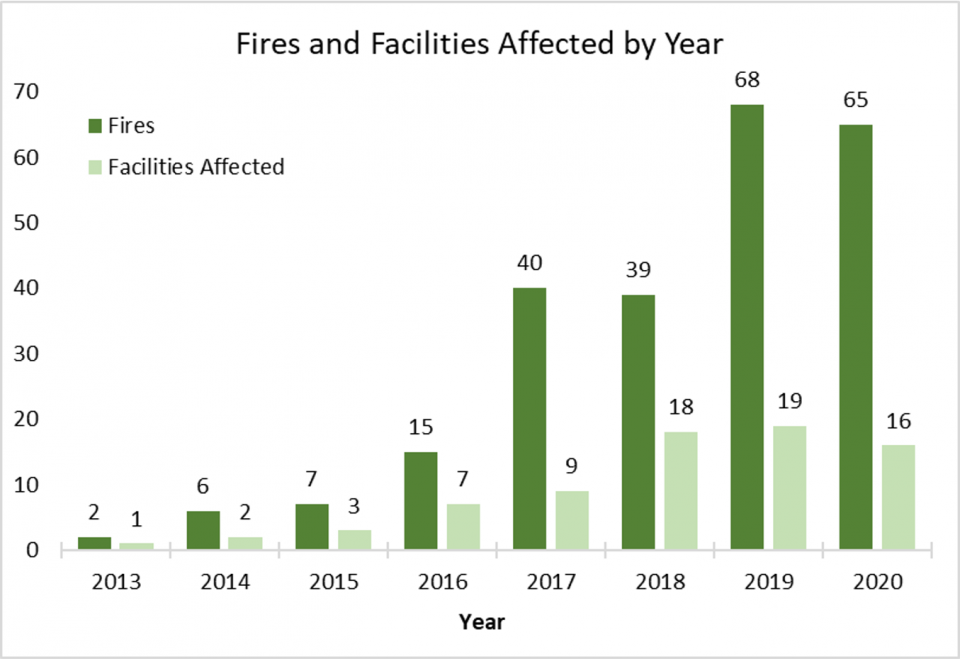The Importance of Sending Consumers’ Used Lithium-ion Batteries to Electronic Recyclers or Hazardous Waste Collection Facilities
EPA released a report analyzing the impacts of end-of-life lithium-ion batteries, generally from consumer devices (e.g., cell phones, tablets, vacuums, etc.), going into the municipal solid waste management process. Read the full report (PDF).
On this page:
- About Lithium-ion Batteries
- About EPA's Report
- Workshop on Lithium-Ion Batteries in the Waste Stream
About Lithium-ion Batteries
Lithium-ion batteries are lightweight energy sources that power an array of rechargeable devices and are widely used in today’s world. Lithium-ion batteries can be found in many products, including in smaller consumer products like cell phones, laptops and headphones.
While generally safe during use, these batteries and the devices that contain them can pose a fire danger when disposed of in household trash and curbside recycling bins. Municipal waste management and recycling facilities are not designed to receive these types of batteries. Also, when lithium-ion batteries are thrown away, the valuable recyclable materials inside them cannot be recovered. Proper end-of-life management ensures batteries are safely sent to dedicated recycling facilities and allows critical materials to re-enter the supply chain.
To be managed properly for recycling or disposal, lithium-ion batteries should be bagged individually and have their terminals taped and should not be placed in household trash and recycling bins. Lithium-ion batteries and batteries in consumer tools or devices should be brought to household hazardous waste collection facilities or electronics recyclers.
About EPA's Report

EPA compiled and analyzed information (PDF) from publicly available news sources on fires caused by lithium-ion batteries in the waste management system. The municipal solid waste facilities covered in this report include municipal recycling facilities (also called material recovery facilities, or MRFs), vehicles that are part of the waste management system (garbage trucks, recycling trucks, and others), landfills and other facilities (scrap metal yards, electronics recyclers, and similar facilities).
The findings indicate that there were more than 240 fires caused by lithium-ion batteries at 64 facilities between 2013 and 2020. The most common sources identified were batteries from small consumer devices, including cell phones, tablets, laptops, hoverboards, and e-cigarettes. It is important that such batteries be handled separately from regular household trash and instead be brought to electronics recyclers or hazardous waste collection facilities.
The report also analyzed the negative impacts of these fires, which includes injuries, recycling and waste service disruption, monetary losses, and emergency response.
Workshop on Lithium-Ion Batteries in the Waste Stream
EPA hosted a virtual workshop on solutions to prevent fires from end-of-life lithium-ion batteries in the waste stream and to discuss how to increase recycling of lithium-ion batteries. The workshop was held on October 5, 2021, and October 19, 2021, as two half-day sessions.

